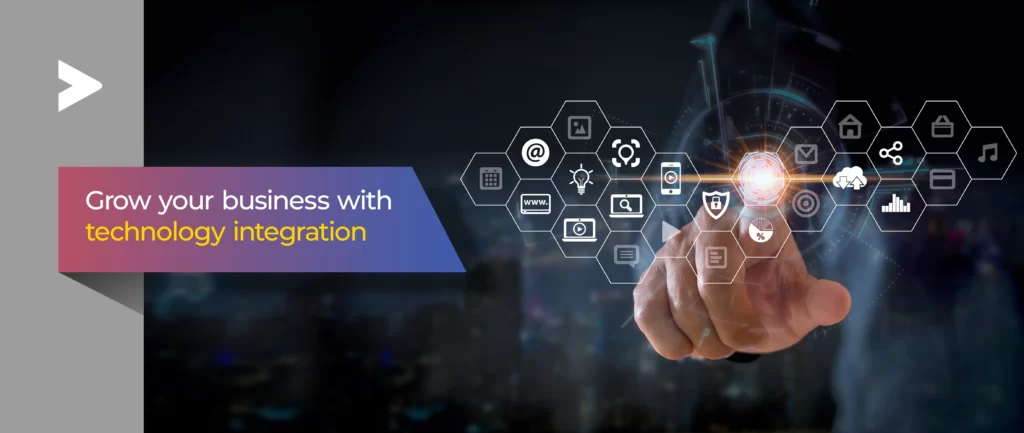
What is Robotic Process Automation?
RPA or Robotic Process Automation is a software application that automates business processes, especially repetitive tasks. The primary goal of RPA is to eliminate time-consuming and repetitive tasks. It can be used in any industry where employees must complete a large number of routine tasks in a time-effective way.
Data processing, customer service inquiries, and accounting activities are a few activities that can all be automated using RPA software. RPA is capable of performing these tasks without the need for human intervention. The benefits of using RPA are that it is cost-effective and it reduces errors in repetitive tasks.
Getting started with RPA for your business
RPA, or Robotic Process Automation, is a new form of technology that has been sweeping across industries in recent years. There are many benefits to using RPA for businesses: it can reduce human error, simplify processes, and improve accuracy.
If you aspire to integrate RPA in your existing business process or set up an entirely new automated process, do explore these few points:
- Step 1: First and foremost, gather information about the automated process and get familiar with Traditional Automation. Then, try exploring how this automation gets fits into your process and helps your business perform better.
- Step 2: Explore different RPA’s online and learn in detail about their application to your kind of business or industry.
- Step 3: Select the interaction that you want to automate and consider the cycle conditions. This is a method of ensuring that your business does not suffer losses while you are preoccupied with automating the task.
- Step 4: Gain extensive experience with RPA tools.
If you find this exercise time-consuming and Herculean, we recommend contacting with Bizinso’s solution experts to get a free consultation on your RPA integration requirements.
Why do businesses need to adopt RPA?
By now we know what is RPA and how to get started with RPA. Next, understanding the need of using RPA tools. With the RPA application a company can configure software “robot” commonly called “BOT” to capture and interpret applications for processing a transaction, manipulating data, triggering responses and communicating with other digital systems, this is just one of the simple examples. You can integrate such invisible intelligent bots into various business processes.
The most common use cases for RPA are in customer service, HR management, finance and accounting, and procurement departments. RPA use cases can range from something as simple as generating an automatic response to an email to deploying thousands of bots, programmed to automate various tasks in an ERP System. What more RPA brings to business:
- Simplify your front-and-back-office operations
- Acts as founding agent for future automation expansion
- Enables your business with agility to become more competitive
The top 5 benefits of RPA for businesses are:
- Increased efficiency: RPA increases productivity by automating tasks that were previously done manually. This frees up workers to do more meaningful work, and it also allows them to focus on higher-level initiatives.
- Reduced costs: RPA reduces the need for human resources in certain areas, which can lead to cost savings for the business.
- Improved accuracy: Automated processes are generally more accurate than manual processes, which means fewer errors and less time spent correcting mistakes.
- Improved visibility of data: The data collected by automated processes is often easier to analyse than data collected manually because it is gathered uniformly and doesn’t require any additional processing before use.
- Automated processes: Helps enhance security and reduce human error
Get in touch with the Bizinso| Technology Transformation Solutions team to learn how RPA can benefit your business through customised solutions tailored to your specific needs.